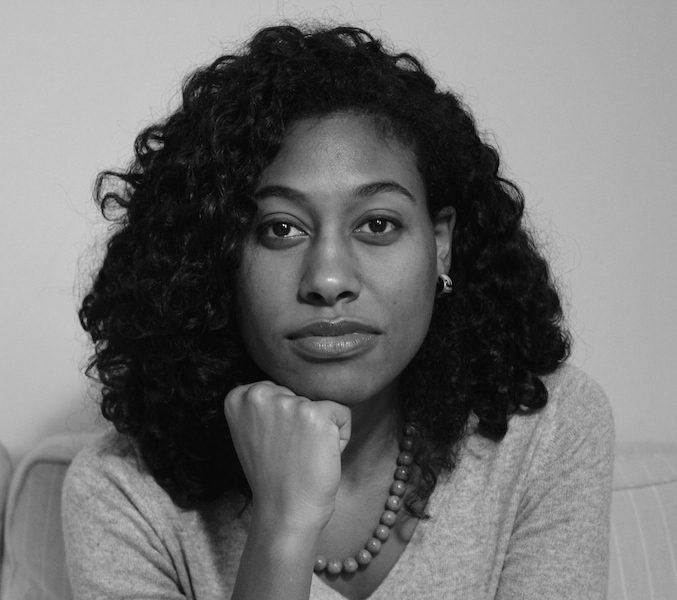These poems are featured in What Nature. Order a copy today.
to know a thing
every poem I write is about the same thing:
how ordinary it is to want a long line of sunrises,
bowls of oatmeal with you—in other words
what my parents have collected—
while the world goes on dying.
who am I to wish for more life
than even this slow-burning planet?
some days I feel so useless
even though I have called my senators multiple times.
it’s horrible the ways we can be to each other,
and what of my surprise when someone I think
wants me dead or very far away
speaks kindly to me. what does my surprise say?
at this point in history I have a shield for a face.
if consciousness is a large animal we feed
while living in its softly breathing belly
then it is stuffed sick, the stomach bloating
into long-suffering lungs, the paws
fumbling in old dirt for a sanctified center.
it wants to feel it, clumsily, to burn its paws on the
lava face of it, to bleed a little into what goes on
making us, even though some days we don’t recycle
and there are still people without homes.
the plates under us slowly shift,
the animal takes another shallow breath,
made crazier by fear,
and even this feeling—the one I have right now—
is tired of hearing itself whine into the thinning.
here is your air full of thorns. what one
more crying does. love loves you for this,
wants to make you oatmeal, but what you two do,
really, is as original as decomposition.
the steady approach of entropy, it’ll break your heart.
how like us it is to know a thing by name
and at the same time swear it’s not true.
• • •
maron
girl in a swamp
getting too free for her body,
lets her knotted stomach turn to wood,
her skin to bark.
the barking gets closer, so she lowers her rifle into
the water, lethal nose first, and it slips under.
her shrinking feet sniff for home and find it.
girl, who shot at an angry man, is becoming
not-girl in answer to the neck’s question.
she calls down thunder and her fingernails become buds.
rain confuses the dogs, who whimper and turn in circles.
her toes stretch into the soil, become hollow, drink.
her digits unfurl, translucent tongues communing with air.
girl is on the way to becoming a common fig.
she closes her eyes.
the men are shouting obscenities,
prodding the dogs with rifle butts.
the common fig does not normally grow in a swamp,
but humans will also give birth in caves, wrap the umbilical cord
with vine to separate child from open-mouthed bayou,
will hold their breath underwater for eighteen minutes
while armed men scour the shore,
and will be the mosquitoes’ sacrificial flesh,
offer themselves to needling probosces—
before they would return to not-free.
the swamp is speaking, so she nods her branches in reply,
introduces herself, a blooming idiosyncrasy.
from her not-hands drop ripe figs.
they split open in the rain.
the dogs have arrived.
they lick her bark, confused, chew the fruity pulp.
the men catch up, scratch their heads.
the girl has escaped.
Read other poems from What Nature here.








